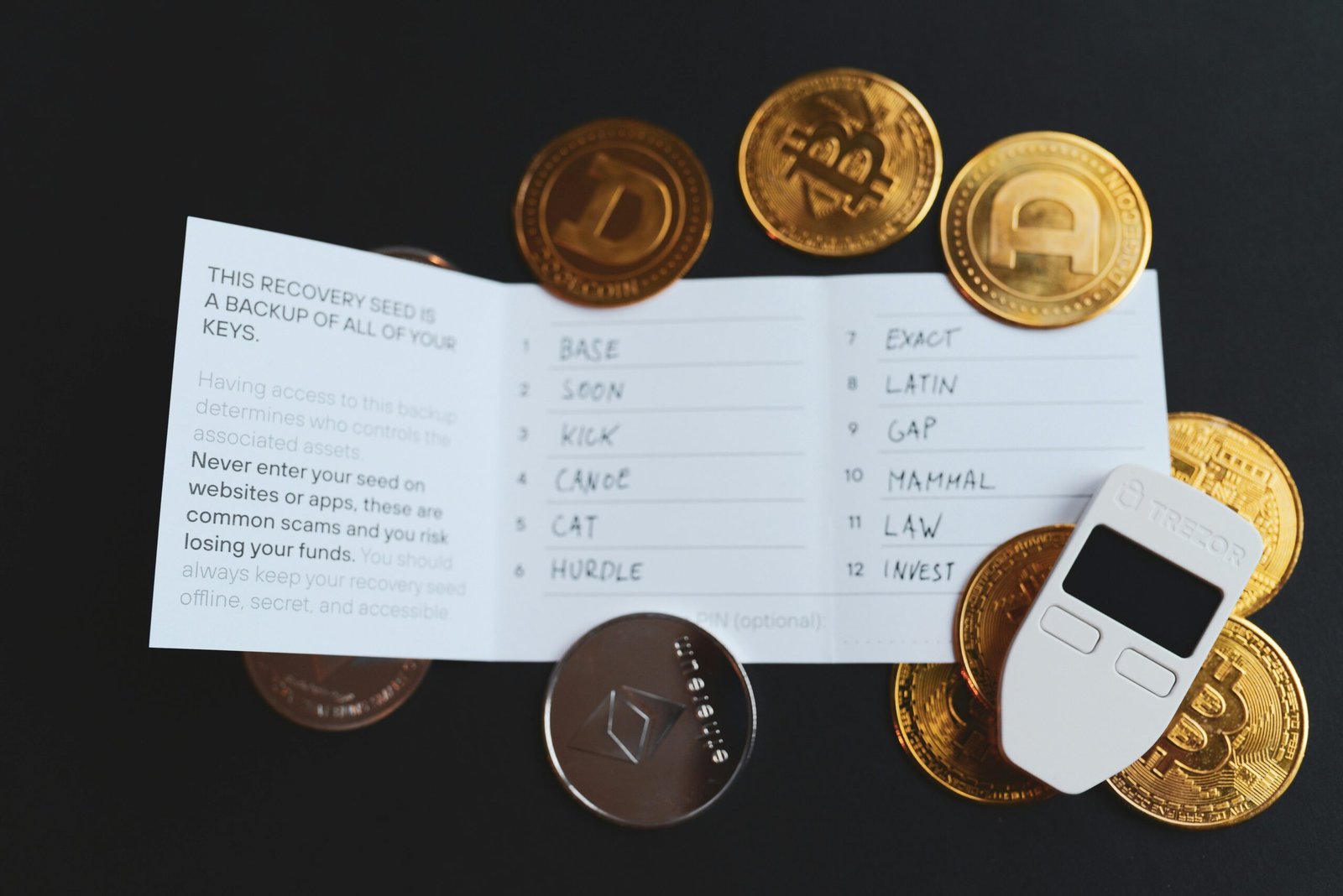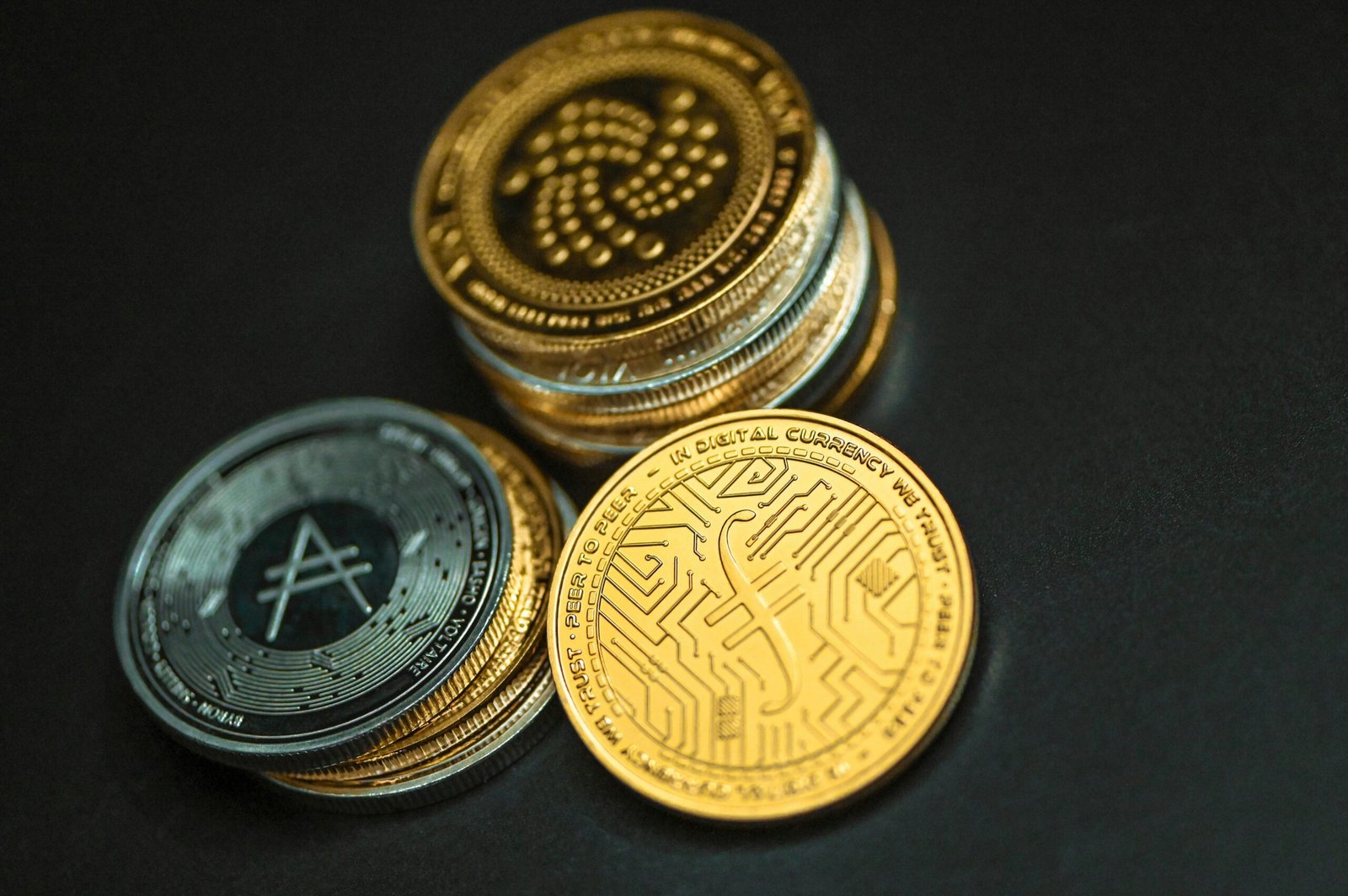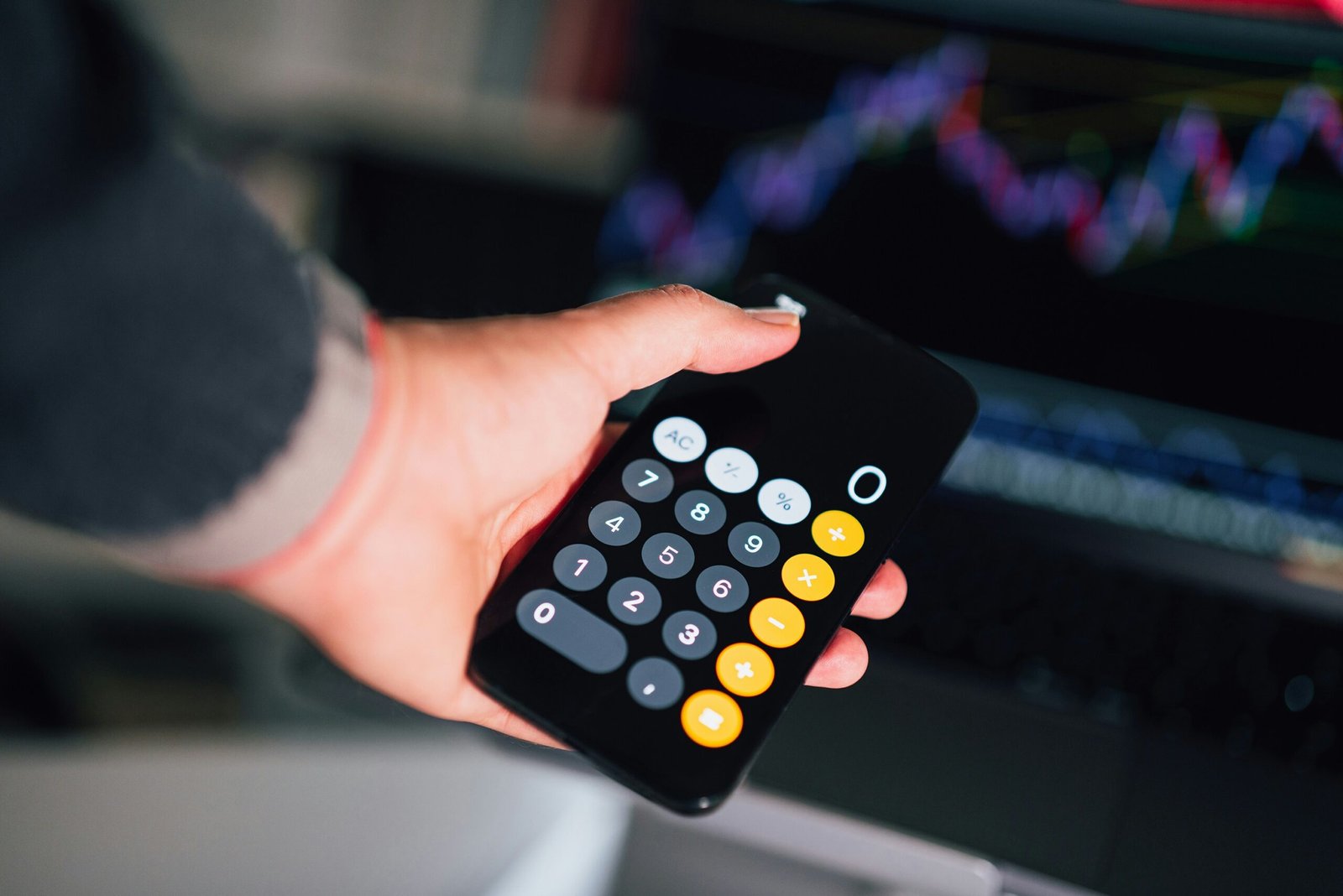What is a Crypto Wallet?
A crypto wallet is a digital wallet that allows individuals to securely store, send, and receive cryptocurrencies. It acts as a personal bank account for your digital assets, providing a safe and convenient way to manage your crypto holdings.
The Importance of a Crypto Wallet
With the rise of cryptocurrencies, having a crypto wallet has become essential for anyone interested in participating in the digital economy. Here are a few reasons why:
Security
One of the main advantages of using a crypto wallet is the enhanced security it provides. Unlike traditional banking systems, where your funds are held by a centralized institution, crypto wallets give you full control over your assets. Your private keys, which are used to access and manage your cryptocurrencies, are stored securely within the wallet.
However, it’s important to note that the security of your crypto wallet is only as strong as your own practices. It’s crucial to follow best practices such as using strong passwords, enabling two-factor authentication, and keeping your wallet software up to date to ensure the safety of your funds.
Convenience
A crypto wallet offers a high level of convenience, allowing you to access your digital assets anytime, anywhere. Whether you want to make a payment, send funds to a friend, or simply check your balance, all you need is your wallet and an internet connection.
Furthermore, crypto wallets often provide additional features such as the ability to exchange one cryptocurrency for another or even earn interest on your holdings. These features make managing your digital assets easier and more efficient.
Ownership and Control
Using a crypto wallet gives you complete ownership and control over your cryptocurrencies. Unlike traditional banking systems, where your funds can be frozen or seized by authorities, with a crypto wallet, you are the sole owner of your assets.
This level of ownership and control aligns with the core principles of cryptocurrencies, which aim to empower individuals and provide financial freedom. Whether you’re a long-term investor or an active trader, having a crypto wallet ensures that you have full control over your digital wealth.
Types of Crypto Wallets
There are several types of crypto wallets available, each with its own unique features and benefits. Here are the most common types:
Hardware Wallets
Hardware wallets are physical devices that store your private keys offline, providing an extra layer of security. These wallets are typically USB-like devices that you can connect to your computer or smartphone when you need to access your funds. Since the private keys are stored offline, they are not vulnerable to online threats such as hacking or malware.
Software Wallets
Software wallets are applications or programs that you can install on your computer or smartphone. These wallets are convenient to use and often come with additional features such as the ability to exchange cryptocurrencies or interact with decentralized applications (dApps).
Online Wallets
Online wallets, also known as web wallets, are wallets that are accessed through a web browser. These wallets are typically hosted by a third-party provider and are accessible from any device with an internet connection. While online wallets offer convenience, they are considered less secure compared to hardware or software wallets.
Paper Wallets
Paper wallets are physical copies of your private keys printed on paper. They are considered one of the most secure ways to store cryptocurrencies since they are not vulnerable to online attacks. However, paper wallets can be easily lost or damaged, so it’s important to keep them in a safe and secure place.
Conclusion
A crypto wallet is an essential tool for anyone looking to enter the world of cryptocurrencies. It provides security, convenience, and ownership over your digital assets, allowing you to fully participate in the digital economy. Whether you choose a hardware wallet, software wallet, online wallet, or paper wallet, it’s important to prioritize the security of your funds and follow best practices to ensure the safety of your cryptocurrencies.






